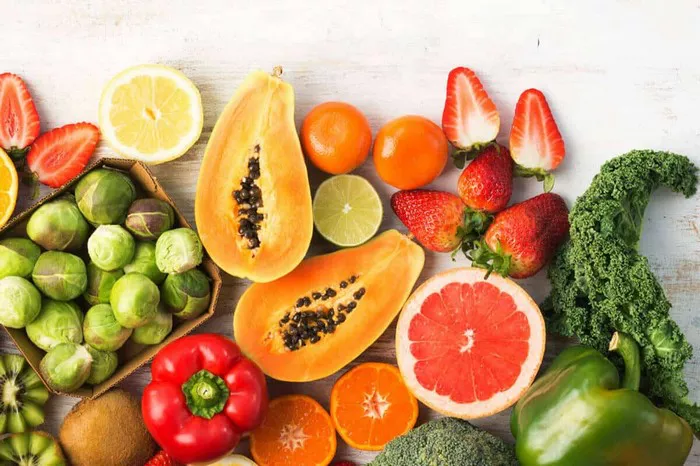Vitamin B complex plays a vital role in various bodily functions, including energy metabolism, DNA synthesis, and maintaining neurological health. Despite the availability of supplements, many essential B vitamins—especially B3 (niacin) and B12 (cobalamin)—can be easily obtained through a well-planned diet.
Sources of Vitamin B3 (Niacin)
Niacin is essential for metabolizing carbohydrates, fats, and proteins, converting them into energy. It also supports healthy skin, nerves, and digestive systems. Here are some food sources rich in niacin:
1. Meat and Poultry: Animal products like chicken breast, turkey, and liver are among the best sources of niacin.
2. Fish: Varieties such as tuna and salmon are not only high in niacin but also provide omega-3 fatty acids, beneficial for heart health.
3. Legumes: Beans, lentils, and peas are excellent plant-based sources of niacin, offering additional fiber and protein for better satiety and blood sugar regulation.
4. Whole Grains: While whole grain products like brown rice, whole wheat bread, and oatmeal contain niacin, their bioavailability may be lower compared to animal sources due to phytates that inhibit nutrient absorption.
5. Nuts and Seeds: Peanuts are particularly high in niacin, along with sunflower seeds and almonds.
6. Fortified Foods: Many cereals and nutritional yeast are fortified with niacin, providing options for those with dietary restrictions.
Sources of Cobalamin (Vitamin B12)
Cobalamin is crucial for red blood cell formation, neurological function, and DNA synthesis. Its availability is primarily tied to animal products, making it a concern for vegetarians and vegans. Key sources include:
1. Animal Liver and Kidneys: These organs are concentrated sources of B12, with even small servings meeting daily requirements.
2. Fish and Shellfish: Fish like trout, salmon, and tuna, as well as shellfish such as clams and oysters, are excellent sources of B12.
3. Meat and Poultry: B12 is found abundantly in muscle tissues, contributing to its presence in these foods.
4. Dairy Products: Milk, cheese, and yogurt provide significant amounts of B12 for those who consume animal-derived products, along with calcium and other nutrients.
5. Eggs: Particularly the yolks, eggs are a good source of B12, making them suitable for various diets.
6. Fortified Foods: For individuals avoiding animal products, fortified plant-based milk, breakfast cereals, and nutritional yeast can help meet B12 requirements.
Daily Requirements and Potential Deficiencies
The recommended dietary allowance (RDA) for niacin varies by age, sex, and life stage, with adult men needing about 16 mg/day and women approximately 14 mg/day. Although niacin deficiency is rare in developed countries, it can lead to pellagra, characterized by dermatitis, diarrhea, and dementia.
The RDA for B12 is 1 µg/day for adults. A deficiency can result in anemia, neurological problems, and cognitive disturbances. Populations at higher risk include older adults, individuals with gastrointestinal disorders, and those adhering to a strict vegan diet.
In conclusion, with a balanced diet that includes a variety of nutrient-rich foods, individuals can meet their vitamin B complex needs without relying solely on supplements. Smart meal planning is key to ensuring adequate intake of these essential vitamins for overall health.
Related Topics
What Are Some Low-Calorie High-Protein Foods?


































